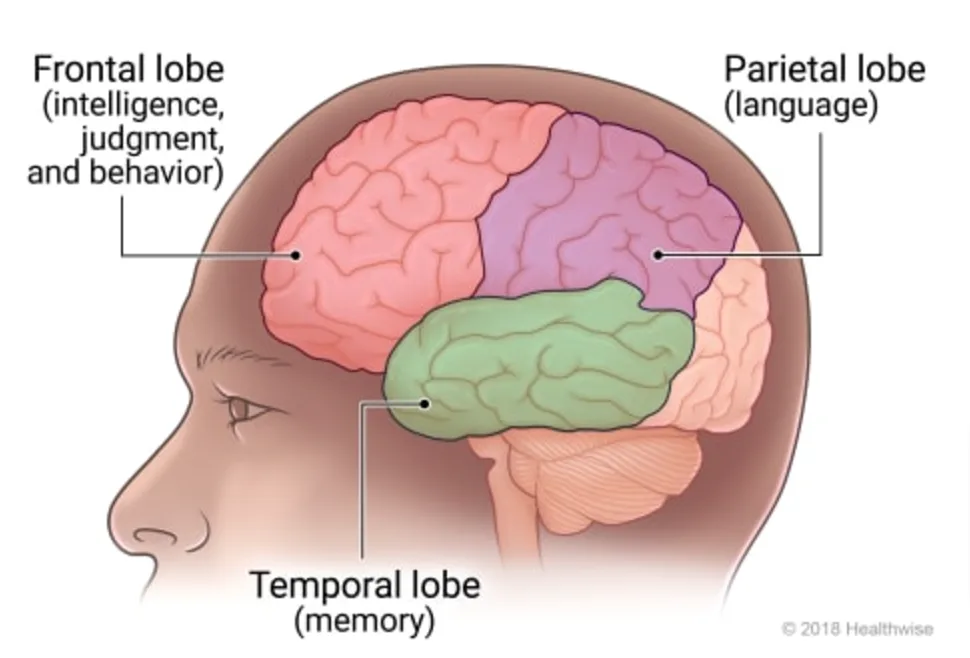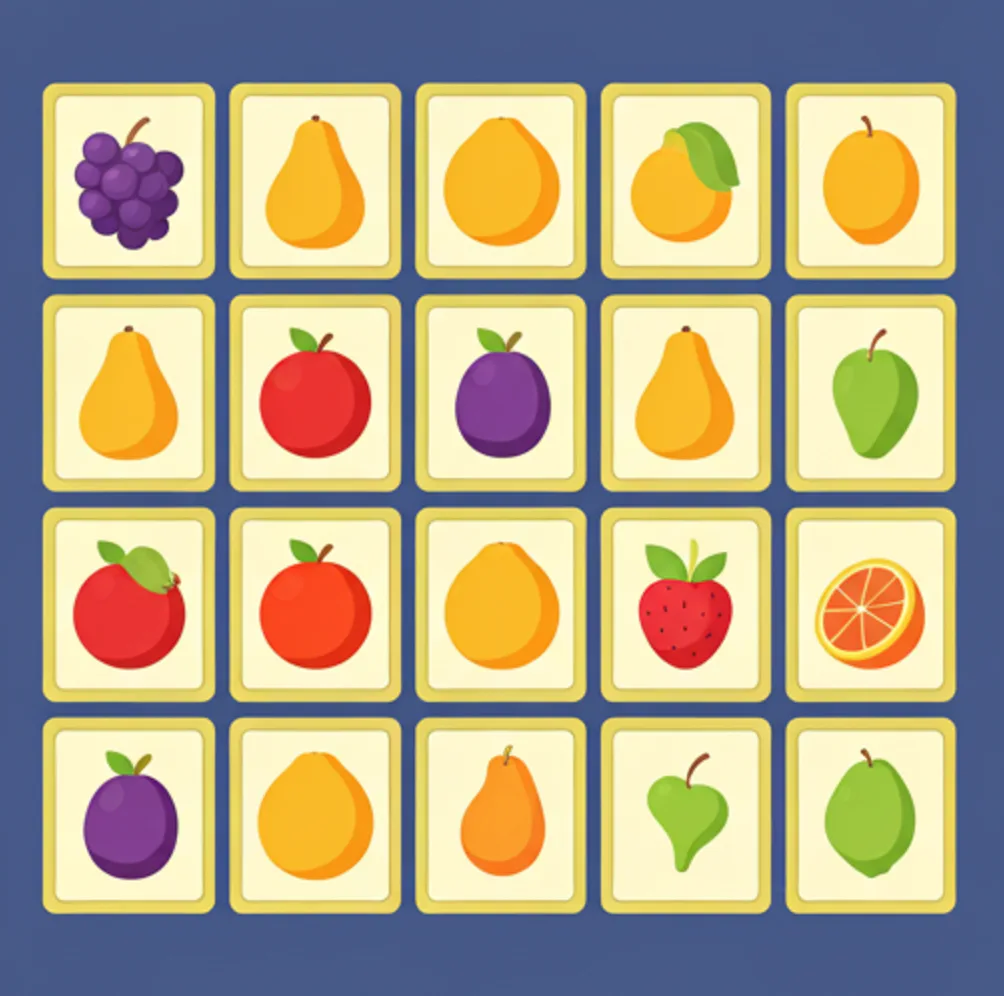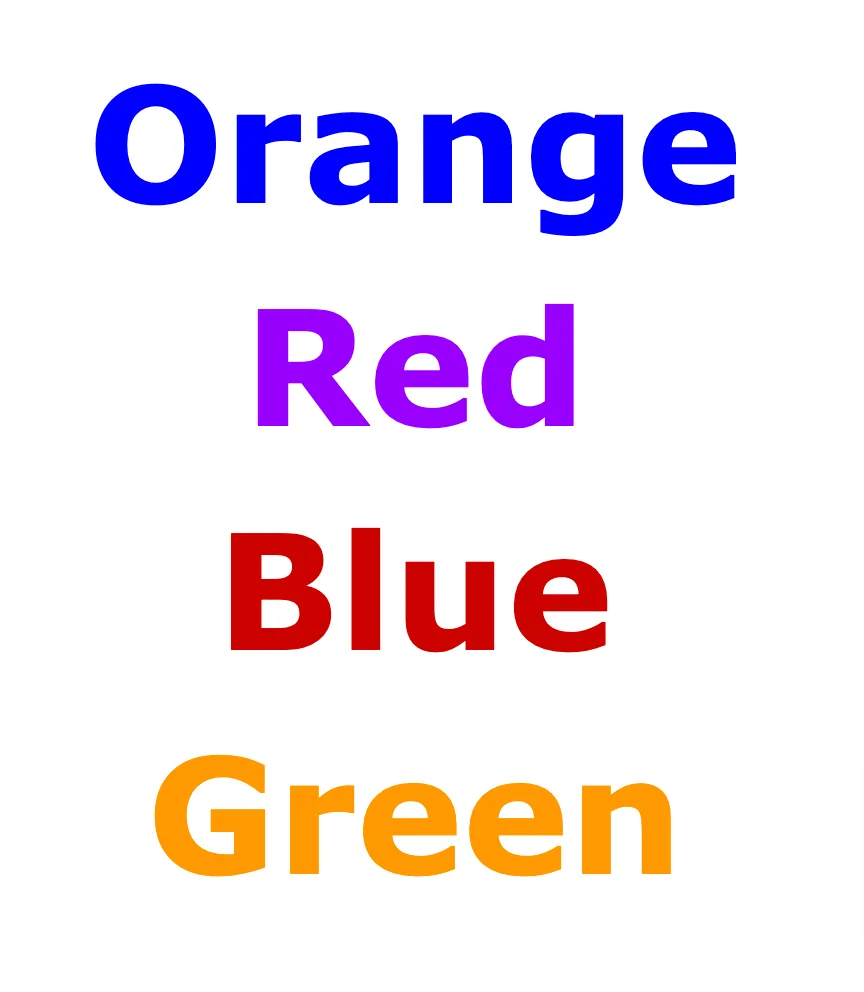Brain Testing for Dementia, Alzheimer’s, and Mild Cognitive Impairment (MCI)

Brain tests gauge decline in specific areas such as memory, logic, attention span, processing speed, and verbal intelligence by targeting tasks that assess each cognitive function. For example, memory tests measure recall abilities, while logic puzzles test reasoning skills. Attention span and processing speed are evaluated through tasks requiring focus and quick decision-making, and verbal intelligence is assessed through language-based challenges like word recall or anagram puzzles. These tests help identify early signs of cognitive decline in these key brain functions.
Research shows that these tests effectively detect early signs of cognitive decline, including dementia, Alzheimer’s, and mild cognitive impairment (MCI). You can visualize your progress by taking these types of tests regularly and seeing your results in a graph. Learn more about Dementia and Alzheimer’s at Dementia and Alzheimer’s In Old Age: A Guide for Older Adults and explore new trends at New Trends in Alzheimer’s and Dementia for Older Adults. While they are not meant for an official diagnosis, they can provide valuable insights into your cognitive health. You can better understand your mental abilities and track any changes over time by regularly using these tools.
1. Memory Tests
Alzheimer’s and dementia affect memory retention and short-term memory, making it harder to recall recent events or retain new information. Brain tests like Memory Match, which test memory recall, help detect early signs of impairment. Regularly gauging progress allows individuals to track changes in memory and spot any cognitive decline.

Matching Pairs
Description: The test displays grid of cards each hiding an image. Players flip two cards at a time, aiming to find matching pairs. The test tracks the time and number of attempts. More attempts and time taken indicate lower cognitive ability.
Why It’s Effective: Memory games like this test the ability to retain and recall visual information, often affected in dementia patients. Difficulty recalling pairs signal early cognitive decline.
Check out our Memory Match: Test your memory in our custom memory match where you can track your scores and see improvements in your cognitive health and short-term memory over time!
Number or Letter Sequence
- Description: Testers observe a sequence of numbers or letters for a few seconds, then recall the sequence. The sequence length increases as the player progresses and low accuracy can indicate cognitive decline.
- Why It’s Effective: It tests the ability to retain and recall sequences measures working memory, a cognitive function often affected in conditions like Alzheimer’s and MCI. For example, consistent failures in reciting 6-7 numbers can signal cognitive decline. (e.g., 6, 2, 9, 5, 8, 3, 1), the player recalls only 3 or 4 numbers correctly, or fails to recall the sequence entirely.
Shopping List Recall
- Description: The test displays list of items (e.g., milk, bread, eggs) for a short time. After the list is hidden, participants try to recall and type as many items as they can remember.
- Why It’s Effective: This test assesses short-term and working memory, especially the ability to remember everyday items. Difficulty recalling items can signal cognitive issues. This test is similar to the number or letter sequence test, but emphasizes ability to retain everyday items.
2. Attention & Focus Brain Tests
Alzheimer’s and dementia can significantly impact attention span and focus, making it difficult to concentrate on tasks or filter out distractions. Brain tests like Spot the Difference and the Stroop Test, which challenge visual attention and cognitive flexibility, help detect early signs of decline in these areas. Regularly engaging in these tests allows individuals to monitor their ability to maintain focus and process information quickly, helping to identify any changes in cognitive function over time.
Spot the Difference
- Description: The test shows two similar images side by side, with subtle differences between them. Players must find a set number of differences within a time limit.
- Why It’s Effective: This activity challenges visual attention and concentration. Dementia patients may struggle to spot differences or may require more time to complete the task.


Stroop Test
- Description: Stroop Test measures cognitive flexibility, attention, and the ability to suppress automatic responses. Participants are shown color words (e.g., “red,” “blue”) printed in different ink colors and must quickly name the ink color rather than reading the word itself. Try this with the image on the left– say the color of the text out loud instead of the word.
- Why It’s Effective: The test challenges the brain’s ability to focus on one task while inhibiting an automatic response, helping assess cognitive control. This ability is often impaired in conditions like Alzheimer’s and dementia, making the Stroop Test useful for detecting early signs of cognitive decline.
3. Problem-Solving Brain Tests
Alzheimer’s and dementia can impair problem-solving abilities, making it difficult to reason logically, recognize patterns, and make decisions. Brain tests like Sudoku, Pattern Recognition, and Arithmetic Puzzles test these cognitive functions by challenging individuals to solve problems that require logical thinking and attention to detail. Regularly engaging in these tests helps detect early signs of cognitive decline, as difficulties with problem-solving often emerge in the early stages of Alzheimer’s and dementia. Tracking progress over time enables individuals to monitor changes in their cognitive abilities.
- Sudoku (Mini Version)
- Description: The test displays a 4×4 grid, and players must fill it in with numbers 1-4, ensuring each number appears only once in each row, column, and 2×2 block.
- Why It’s Effective: Sudoku tests logical thinking, pattern recognition, and problem-solving skills. Seniors with cognitive decline, especially those with Alzheimer’s, may struggle with these types of tasks, making it a clear indicator of poor brain health.
- Pattern Recognition
- Description: Individuals observe a sequence of shapes or numbers (e.g., square, circle, triangle) and asked to identify the next item in the sequence.
- Why It’s Effective: Pattern recognition is essential for problem-solving and is often affected in cognitive decline. Difficulty identifying patterns can signal changes in cognitive function.
- Arithmetic Puzzles
- Description: Participants recieve simple math problems (e.g., 5 + 3 × 2) with increasing difficulty and asked to solve them.
- Why It’s Effective: Arithmetic puzzles test logic and calculation abilities, skills often impacted by Alzheimer’s. Individuals who have an inability to perform basic calculations likely have severe cognitive issues.
4. Language/Verbal Skills Brain Tests
Alzheimer’s and dementia can impact language abilities, making it harder to recall words, understand language, and form coherent sentences. Brain tests like Word Recall, Anagrams, and Story Completion assess verbal memory, fluency, and comprehension by challenging individuals to retrieve words, rearrange letters, or complete sentences. These tests effectively detect early signs of cognitive decline, as language difficulties often appear early in Alzheimer’s and dementia. Regular participation helps individuals track changes in their verbal abilities and identify potential cognitive issues over time.
- Word Recall
- Description: Participants are given a category (e.g., “Fruits”) and must type as many related words as they can within a set time (e.g., 30 seconds).
- Why It’s Effective: Word recall is an important verbal memory skill that deteriorates in Alzheimer’s and dementia. Difficulty retrieving words within a category may indicate early signs of cognitive impairment.
- Anagrams
- Description: You recieve a set of scrambled letters (e.g., “TRAE”) and must rearrange them to form a word (e.g., “RATE”).
- Why It’s Effective: Anagrams test verbal fluency and cognitive flexibility. Difficulty in forming words from scrambled letters signal problems with language processing.
- Story Completion
- Description: You are given a short story with missing words and asked to fill in the blanks.
- Why It’s Effective: Story completion engages language comprehension and semantic memory. Individuals with Alzheimer’s may struggle with understanding context or recalling appropriate words for story completion.
More Resources on Chronic Medical Conditions:
Explore more resources on managing chronic medical conditions. Discover precision approaches for hypertension and heart health, advanced therapies for arthritis, diabetes, and cancer, and cutting-edge strategies for chronic kidney disease(CKD), COPD (Respiratory Problems). Learn about innovations addressing depression and cognitive issues like dementia and Alzheimer’s disease, and other cognitive challenges.
Conclusion
These brain tests provide a structured way for seniors to assess their cognitive function. While they are not a substitute for professional diagnosis, they offer valuable self-assessment tools. Regular participation in these tests can help individuals monitor their cognitive health, engage in preventative strategies, and potentially slow down cognitive deterioration in the case of dementia, Alzheimer’s, or MCI.